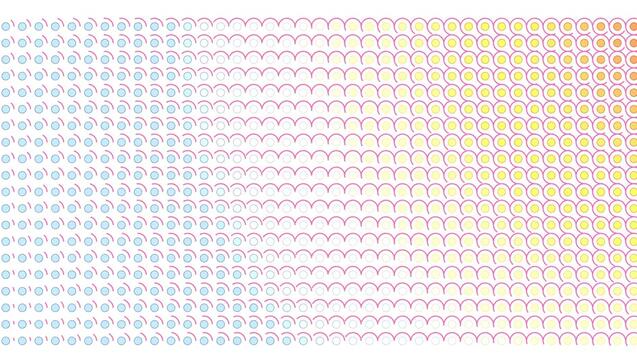The main objective of this course is to focus on how students learn, develop and make decisions as they transition into architecture education.

Courses
Fall 2024
Image Credit: Louis Suarez, Kirman Hanson, Longney Luk, Colleen Duong, Tanvi Harkare
This studio investigates the role and process of architectural design as different forms of practice.
This course introduces basic material assembly methods and the use of shop machinery, hand tools, and power tools. It prepares students to participate in a wide range of subsequent building and fabrication projects.
This course is aimed at first year architecture students as an introduction to social justice and design ethics, and Carnegie Mellon Architecture’s pedagogy around these issues.
Fulfills minor requirements for: Architecture (non-majors)
This is the first in a two-course sequence that introduces students to cultures of digital drawing and image production.
Fulfills minor requirements for: Architectural Representation and Visualization, Architecture (non-majors)
The central learning objective of this introductory course in free-hand architectural drawing is building a capacity for visualizing three-dimensional space through freehand drawing.
Fulfills minor requirements for: Architectural Representation and Visualization, Architecture (non-majors)
This course introduces fundamental concepts of building physics. The knowledge and skills obtained from this course can be applied to studio projects and beyond, improving building design and performance through standard methods of evaluation and simulation tools.
Fulfills minor requirements for: Architectural Technology (non-majors)
We may learn to develop architecture that enriches the context from which it arises by conceptually recognizing the built/natural environment as a complex web of interacting parts constantly exchanging energy and resources.
This course introduces and examines the fundamentals between design intent and construction materials, and the science of materials (performance) and their assemblies.
Fulfills minor requirements for: Architectural Technology (non-majors)
This course introduces students to the fundamentals of generative modeling using computer aided design as practiced in the field of architecture.
Fulfills minor requirements for: Computational Design
The course introduces contemporary urbanism, offering a comprehensive exploration of how cities and urban systems are made, remade, and even unmade.
Keyword: Design Ethics
Studios often conduct site research and then design an intervention for that site. However, in this studio the design research part of the semester becomes the project itself.











